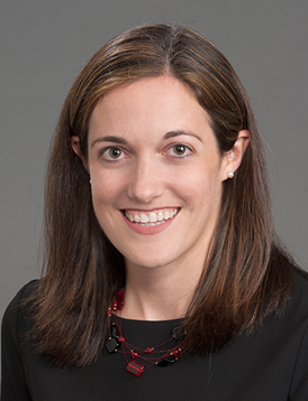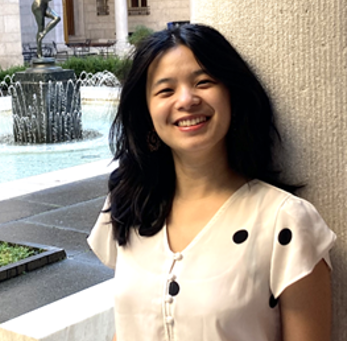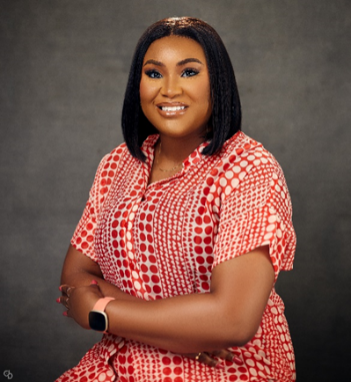Scott Rhodes, PhD, is Chair of the Department of Social Science and Health Policy and directs the Program in Community Engagement within the Wake Forest Clinical and Translational Science Institute. He has published more than 250 articles and book chapters on the health of vulnerable populations, including immigrants, Latinx persons, and sexual and gender minorities, harnessing community-engaged research approaches such as community-based participatory research (CBPR). Dr. Rhode’s has developed, implemented and evaluated more than 10 evidence-based behavioral and community-level interventions designed to reduce HIV risk among Latinx and African American/Black populations. Several are included in the CDC Compendium of Evidence-based Interventions and Best Practices for HIV Prevention.

- This event has passed.
Amplifying Community Partnerships to Advance Healthcare Access and Research for All
In-person
DATE
Wednesday, March 26
TIME
1:30 pm - 4:00 pm EST
DESCRIPTION
Celebrate the impact of community-engaged research at this inspiring event. Together, we’ll honor successful collaborations between researchers and community partners, showcasing projects that reflect the principles of inclusivity, mutual respect, and shared decision-making.
Discover key insights into building thriving partnerships through trust, communication, and shared goals while exploring how these efforts address evolving community health priorities. Join us as we strengthen the foundation for impactful collaborations and shape the future of health.
- 1:30 pm – 3:30 pm EST Panel Discussion
- 3:30 pm – 4:00 pm EST Reception
Parking: Visitor Parking and P5 Parking Lot – Click here for a map and walking directions to BGCME.










